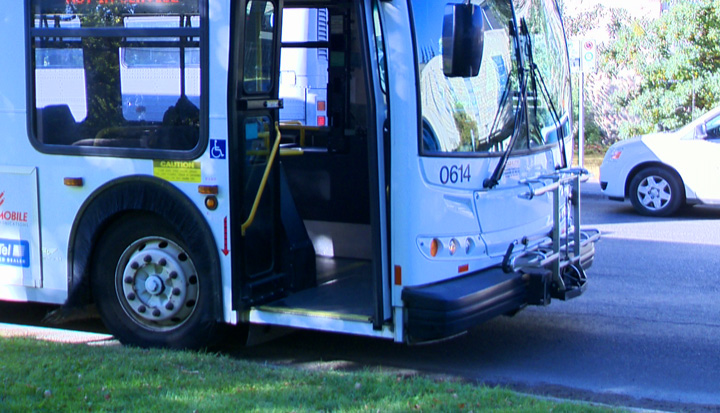CUT KNIFE, Sask. – Boots and bus rides have helped a Saskatchewan First Nation cut the number of its members on welfare by 33 per cent in one year.

The Little Pine First Nation, near Cut Knife, Sask., west of Battleford, says more than 100 people have gotten jobs since the band’s life skills and job placement program began in August 2012.
Chief Wayne Semaganis said the program started with two people who were hired to gather resumes from band members and match their skills with jobs in the surrounding communities.
“From there, we also identify if they need safety tickets to be brought up to current standards, if they need work equipment – steel-toe boots, hard hats – if they need transportation,”
Semaganis said in an interview with The Canadian Press.
“We try to eliminate all the obstacles they face in order for them to work all the time, full-time jobs.”
The chief said it cost the band $7,000 to buy steel-toe boots for the latest group of 70 members who got new jobs in Lloydminster, “but we did it because they needed them.” A person living on welfare can’t afford the boots themselves, he said.
The band also runs two buses and two shuttles to get workers to their jobs.
Semaganis said the benefits far outweigh the cost.
“If we spend $30,000, $40,000 hiring two people to put 100 and some people to work, that’s worth it,” he said.
Band members have been employed recently at the Husky Upgrader and at the exhibition grounds as well as in the energy, agriculture and hotel industries.
When Semaganis became chief about four years ago, he said more than 400 people were receiving social assistance, about half the people living on the reserve. That doesn’t count band members living off reserve.
He’s happy the number is going down.
“It makes me feel good because I know we’re providing solutions instead of finding excuses as to why we can’t do anything,” said Semaganis.
The chief said there has also been a positive change in the attitude of people on the reserve.
“You don’t really notice it right at the beginning when you’re starting out on things,” he said.
“But you’ll see it further down the road when children have more pride, their parents are working, they have more access to better clothing, the ability to enjoy life more because they can get more.”

Comments